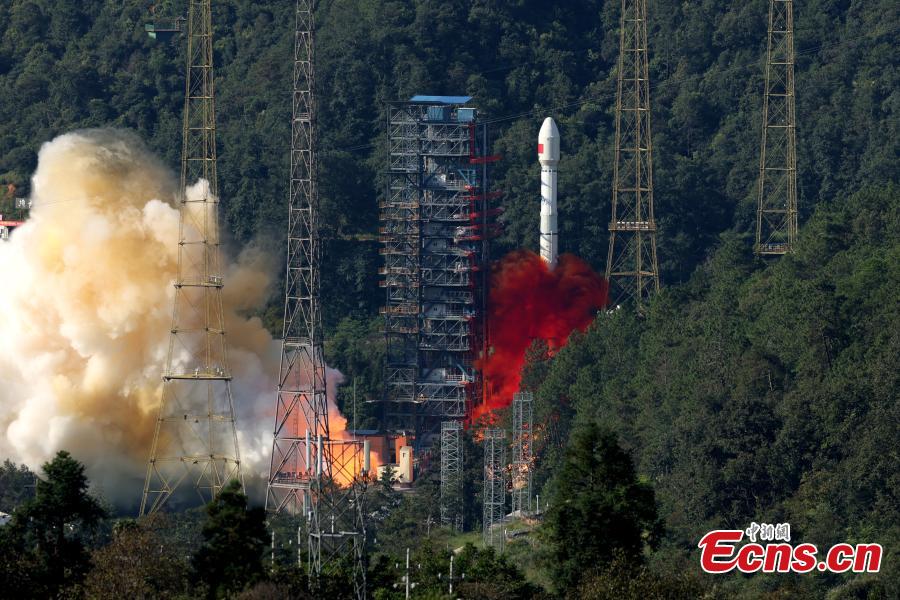
Hsu Ching-Kuang, founder of Taiwan 's Gold Apollo has refuted claims that his company manufactured the pagers used in recent explosions in Lebanon . He clarified that a European company, which he did not name, produced the devices under license to use the Gold Apollo brand. "The product was not ours.
It was only that it had our brand on it," Hsu told reporters on Wednesday. Deadly pager blasts rock Hezbollah strongholds in Lebanon The detonations, which claimed at least nine lives and injured nearly 3,000 people, were triggered by pagers used by Hezbollah members. The blasts began around 3:30pm (1230 GMT) in the southern suburbs of Beirut known as Dahiyeh and the eastern Bekaa valley—areas recognized as Hezbollah strongholds.

Witnesses reported hearing explosions until approximately 4:30pm. Israel accused of orchestrating pager blasts According to American and other officials cited by the New York Times , Israel is believed to have executed the operation by concealing explosives in Taiwanese-made pagers imported into Lebanon. The report claimed that Hezbollah had ordered these pagers from Gold Apollo in Taiwan.
Following the incident, Hezbollah accused Israel of orchestrating the detonations and vowed retaliation. Lebanese Minister condemns pager blasts, Lebanese Information Minister Ziad Makary condemned the detonation of the pagers as an "Israeli aggression." The handheld devices, used by Hezbollah and others in Lebanon for communication, exploded in a late-afternoon incident.
In response to the blasts, Hezbollah declared that Israel would receive "its fair punishment." Mossad suspected of planting explosives in pagers Reuters , citing a senior Lebanese security source and another unnamed source, reported that Israel's Mossad spy agency is suspected of planting explosives inside 5,000 Taiwan-made pagers ordered by Hezbollah. The explosives were allegedly concealed near the batteries and could be remotely detonated.
The pagers were reportedly brought into Lebanon earlier this year. Hezbollah launches investigation into pager blasts Hezbollah announced it is conducting a "security and scientific investigation" into the causes of the blasts. The Iran-backed group stated that Israel would receive "its fair punishment.
" Meanwhile, diplomatic and security sources speculated that the explosions could have been caused by the devices' batteries overheating. Hezbollah's shift from cellphones to pagers exploited Earlier this year, Hezbollah's leader Hassan Nasrallah limited the use of cellphones, viewing them as increasingly vulnerable to Israeli surveillance, according to the New York Times . The report cited officials and security experts who suggested that the attack exploited Hezbollah's reduced reliance on cellphones and increased use of pagers for communication.
Escalation of hostilities Since the onset of hostilities between Israel and Hezbollah on October, 8 Beirut has been hit three times. The escalation began when Hezbollah launched rockets at Israel in support of Hamas's attack, which triggered the ongoing Gaza conflict. Notably, Hezbollah operates its own independent communication system, and suspicions have emerged since October that Israel has infiltrated it.
This belief has gained traction following the assassination of several Hezbollah commanders through precision strikes..










